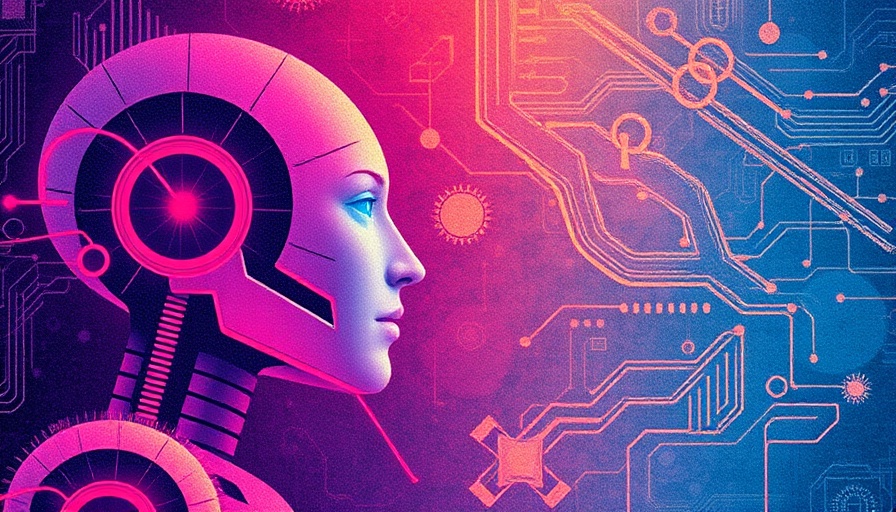
AI's Impact on Job Security: A New Reality
The rise of artificial intelligence (AI) is creating a seismic shift across job markets, leaving many professionals dreading automation’s trajectory. As businesses harness AI technologies to optimize operations, the fear of layoffs isn’t just confined to tech giants; it's echoing in various sectors—from finance to healthcare. Microsoft’s recent decision to embark on significant layoffs while investing in AI development is a prime example of how job security is becoming increasingly uncertain. A deep dive into this trend reveals an alarming yet crucial narrative that job seekers and employees must navigate.
Understanding the Current Tech Layoffs
The so-called 'tech bloodbath' refers to the ongoing wave of job cuts affecting numerous companies. In 2025 alone, the tech industry has seen over 22,000 layoffs, significantly impacting employees as they grapple with the reality of job insecurity. Reports suggest that many layoffs appear to be directly tied to AI advancements—either by removing redundant positions that AI tools can streamline or shifting roles towards more specialized skill sets necessary to work alongside evolving technologies.
What’s Causing the Transformation?
The transition toward AI integration is not spontaneous. Company leaders cite the urgent need for efficiency and innovation as primary motivators—advancing automation can reduce costs and enhance service delivery. Yet, the human cost is immense. Employees are often left to pick up the pieces while adapting to new roles or processing sudden layoffs without warning. This dynamic underscores the pressing need for professionals to evolve continuously in their careers.
Strategies to Thrive in an AI-Driven Job Market
While the threat of job loss looms large, it's crucial for workers to understand that they can also leverage AI advancements for their benefit. Professionals can seize the opportunity to upskill in areas that AI cannot fully replicate—such as emotional intelligence, strategic thinking, and complex problem-solving. Engaging in lifelong learning and exploring platforms that offer training in AI-related fields can prepare employees to remain competitive.
Building Resilience Through Adaptation
Understanding AI’s role in the workplace isn’t merely about reacting; it’s about proactive adaptation. Workers are encouraged to build resilience by networking and seeking mentorship in their fields. Diversifying one’s skill set and taking advantage of new AI tools can position individuals as invaluable assets to their companies, rather than expendable roles. Each challenge presents an opportunity—those who view their careers through this lens may find unexpected pathways to success.
As AI continues to redefine the job landscape, it's essential to recognize the growing demand for human-centric skills that foster collaboration between machines and their human counterparts. Staying informed about tech trends and continuously developing these skills does not just help in retaining employment; it enhances career growth and fulfillment.
Conclusion: As professionals navigate this terrain of AI integration in the workforce, it is vital to be adaptable, proactive, and open to learning. For those feeling anxious about their job security, embracing the change while developing complementary skills may just be the key to not only surviving but thriving in a tech-driven world. Interested in exploring ways to enhance your adaptability and skills in the age of AI? Check out Prompt2Human to learn more on bypassing AI detectors and enhancing your professional toolkit.
 Add Row
Add Row  Add
Add 




Write A Comment